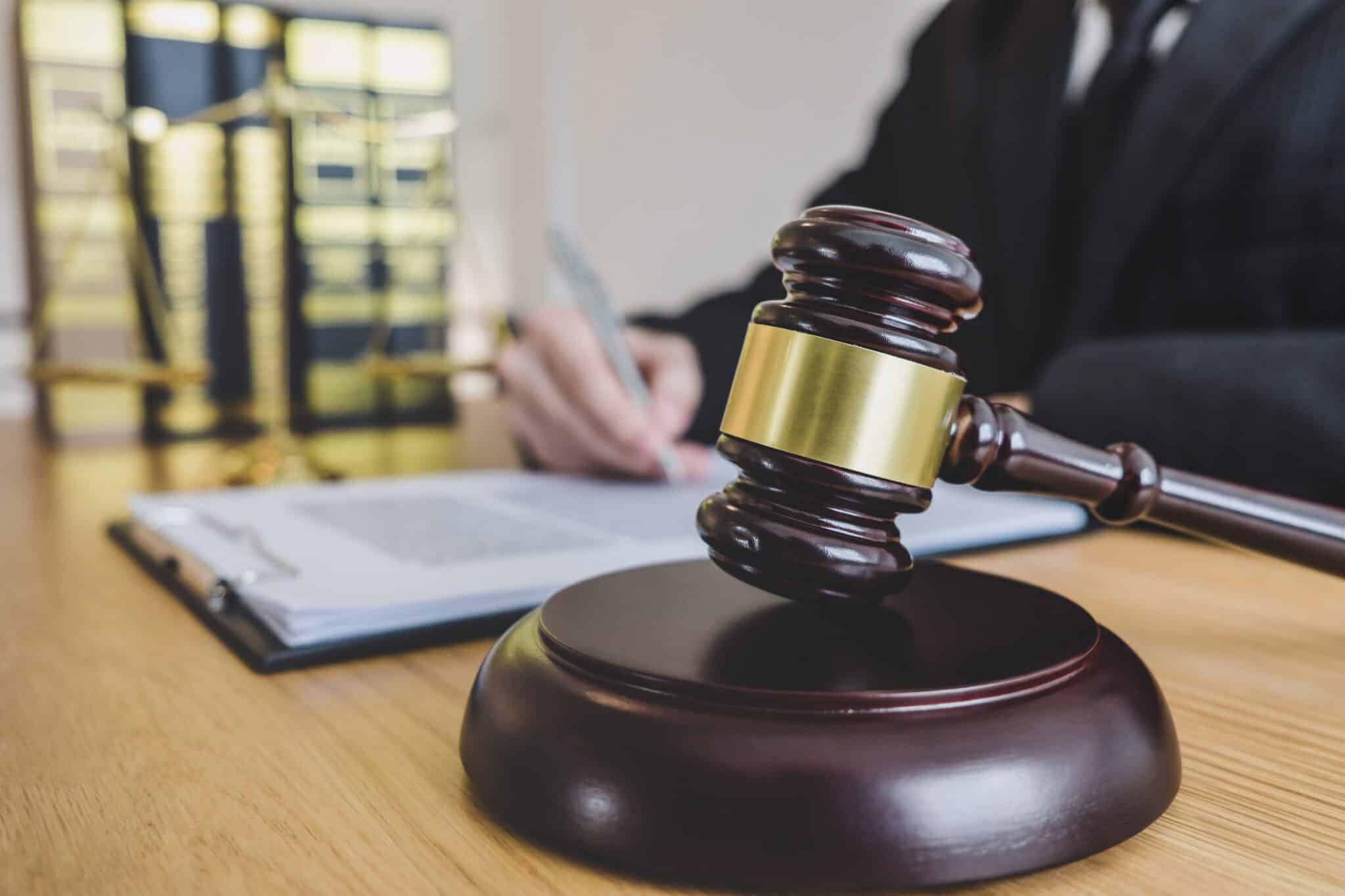How private are your emails, text messages, and other digital communications? Could the government access your digital files without your knowledge? Unfortunately, thanks to a loophole in an outdated law, the answer is yes. But this could soon change as U.S. lawmakers work to reform the Electronic Communications Privacy Act (ECPA)—a move long overdue in the digital age.
What Is the ECPA?
The ECPA was enacted in 1986, back when the internet was still a novelty, and digital communication was limited to a small fraction of its current scale. While groundbreaking for its time, the law is now woefully outdated, particularly in how it treats email and other stored electronic communications.
Here’s the problem: under the ECPA, any electronic communication stored for more than 180 days is considered “abandoned.” This classification allows law enforcement agencies to access those emails or files without a warrant. While this might have made sense in an era when emails were stored temporarily on local servers, it doesn’t align with how people and businesses operate today.
In 2025, most individuals and organizations rely on cloud-based storage, archiving emails and files indefinitely. This outdated law puts the privacy of nearly everyone at risk, leaving our digital lives vulnerable to warrantless searches.
The Push for ECPA Reform
Recognizing this glaring issue, lawmakers have taken steps to modernize the ECPA. One significant development is the introduction of the Email Privacy Act (H.R. 699).
On April 13th, the House Judiciary Committee unanimously passed an amended version of the bill. The Email Privacy Act aims to eliminate the outdated 180-day rule, requiring law enforcement agencies to obtain a warrant before accessing any stored electronic communications, regardless of how old they are.
This reform also strengthens protections by avoiding carve-outs for civil agencies and retaining existing emergency exception procedures. Although the current version of the bill isn’t perfect, it represents a significant leap forward in protecting digital privacy rights.
Why Reform Matters
As our society becomes increasingly dependent on digital communication, updating laws like the ECPA is essential to safeguard privacy. Here’s why reform is critical:
- Protecting Privacy Rights: No one should have to worry about the government accessing their private emails or digital files without due process.
- Defending Service Providers: Companies that store digital information need clear guidelines to protect their users and avoid being caught in legal gray areas.
- Addressing Modern Realities: The way we use and store information has evolved dramatically since 1986. Our laws must evolve too.
What Does This Mean for You?
The ECPA loophole may come as a surprise to some, but it highlights the importance of staying informed about data privacy laws. Whether you store personal emails, sensitive business documents, or family photos in the cloud, your digital life deserves protection.
The push for ECPA reform reminds us that privacy is a fundamental right. As digital communication continues to grow, lawmakers must adopt policies to keep up with technological advancements.
Your Voice Matters
What do you think about the ECPA loophole? Are you concerned about data privacy, or are you indifferent about the government accessing your digital files? Share your thoughts in the comments below—we’d love to hear your perspective!
Let’s continue the conversation about the importance of privacy rights and the need for updated legislation. Reform of the ECPA is just one step toward ensuring a safer, more secure digital future for everyone.


